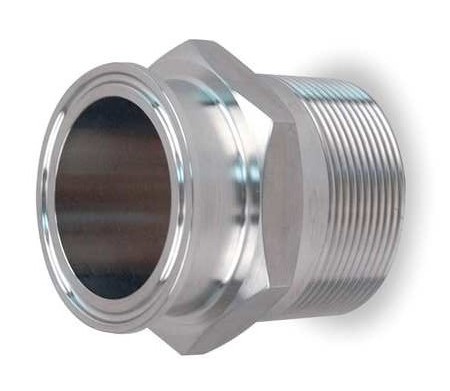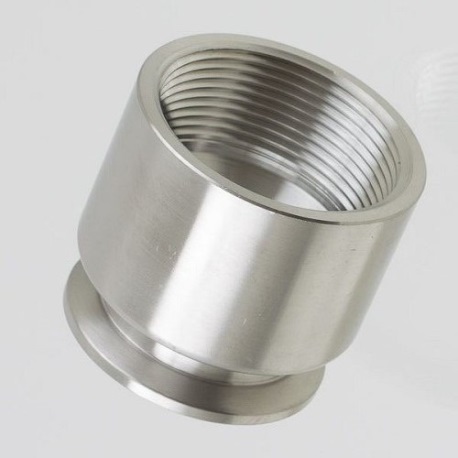The Unique Performances of Titanium Valve

Why is titanium used in valves?
Titanium looks very similar to steel. Its density is 4.51 grams per cubic centimeter, which is 57% of the density of steel. It’s the metal element that has the lowest density among refractory metals.
Titanium is a highly chemically active metal. However, it exhibits particularly excellent corrosion resistance to many corrosive media. The reason is that titanium and oxygen have a good affinity, and titanium is highly likely to react with oxygen to generate a layer of strong and dense blunt oxide film on its surface.
In many harsh corrosive working conditions media, this layer of the oxide film is very stable, rather difficult to dissolve. Even if it’s damaged, as long as there is sufficient oxygen, it can self-repair and quickly regenerate.

Application of Titanium Alloy Valve and Its Material Selection
Titanium sanitary valve mainly takes advantage of the characteristics of titanium metal materials that the oxide film has good stability and self-passivation in a strongly corrosive environment to resist a variety of strong corrosions in harsh working conditions.
Titanium and titanium alloy valves have prominent advantages such as being lightweight, high strength, good corrosion resistance, and pressure resistance. They are widely used in aviation, space development, marine engineering, petroleum, chemical, light industry, food processing, metallurgy, electricity, medicine, health, instrumentation, and other industries.




